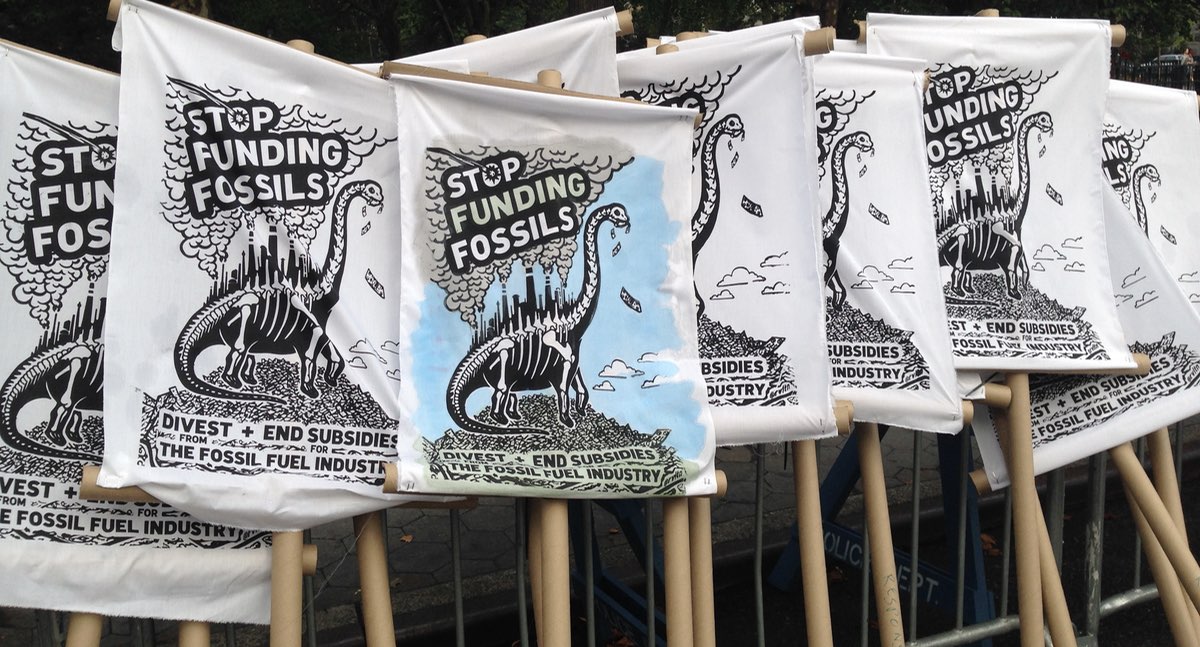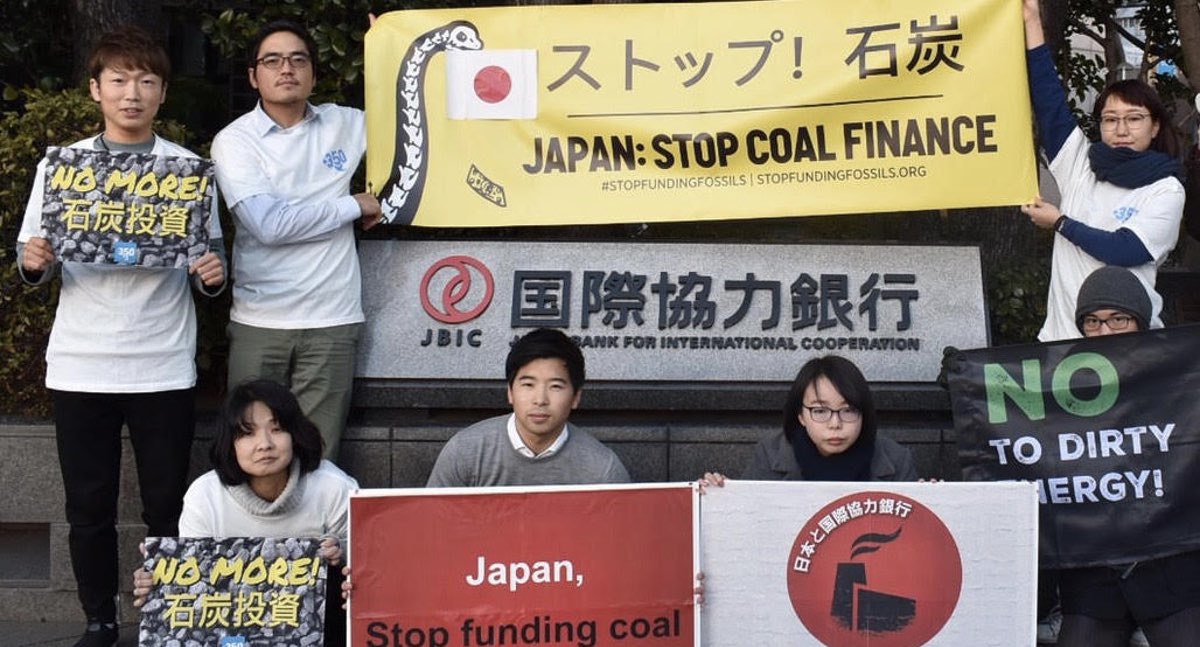STOP FUNDING FOSSILS
Our Stop Funding Fossils program uses critical analysis and strategic organizing to end the vast quantities of government support flowing to the fossil fuel industry and accelerate the clean energy transition.
Public finance and subsidies for fossil fuels play a key role in driving oil, gas, and coal production. Climate leadership means not wasting another cent of public money on the industries that are causing the problem.
OVERVIEW OF WORK
Our research shows that G20 governments spend $444 billion per year propping up oil, gas, and coal production, while the G20’s taxpayer-backed public finance institutions provide nearly 4 times more public finance to fossil fuels than to clean, renewable energy.
These massive subsidies play a key role in expanding oil and gas production and locking in existing fossil fuels: recent analysis finds that half of the new oil fields being drilled in the US would have remained undrilled if not for substantial subsidies; at the same time, public finance for fossil fuels de-risks capital-intensive megaprojects, like massive coal plants in Southeast Asia, few of which would proceed without government backing. And as oil, gas, and coal producers face increasing competition from renewable energy, instead of simply reducing fossil fuel production, they exert their political influence to get more handouts to keep extracting.
Instead of spending scarce public resources on the fossil fuel industry, our work challenges public institutions to scale up their support for distributed renewable energy solutions that can deliver energy access quickly and at least cost in many developing countries: today, support for these solutions makes up only a tiny fraction of all public finance for energy.
We know from the work of our Energy Transitions and Futures program that already-producing oilfields, gasfields, and coal mines hold enough carbon to take the world well beyond 1.5°C of warming and up to 2°C. This means that governments who’ve signed up to the Paris Agreement (that’s nearly everybody) shouldn’t spend another cent of public money on fossil fuels if they take their commitment seriously. We call on them to stop funding fossils.
LATEST PROGRAM POSTS
Hundreds of governments and thousands of stakeholders will meet at the Rio+20 Conference in Brazil this month to chart a future for the health of the planet, our human family and economies worldwide. The question is whether that future will include continuing public fossil fuel subsidies, which could climb to a staggering US$775 billion to an estimated US$1 trillion in 2012.
In the run up to the Rio summit and G20 meeting also this month in Mexico, Oil Change International and organizations worldwide are building momentum to eliminate fossil fuel subsidies as one of the necessary means of defining green economies and sustainable development. No economy
Sometimes all you have to do is join the dots.
Let’s take three different headlines from yesterday, which are all from the Guardian newspaper in the UK.
Headline number one: “'Golden age of gas' threatens renewable energy, IEA warns”
The article went on to state: “A ‘golden age of gas’ spurred by a tripling of shale gas from fracking and other sources of unconventional gas by 2035 will stop renewable energy in its tracks if governments don't take action, the International Energy Agency has warned.”
If this is not bad enough for renewables, take headline number two: “Gas rebranded as green energy by EU”
This
23 May 2012
Ahead of upcoming meetings in June of the G20 in Mexico and the United Nations Rio + 20 Summit, the pace of activity around worldwide efforts to phase out subsidy reform is quickening.
Last weekend, the G8 leaders reaffirmed their commitment to phase out fossil fuel subsidies in their statement coming out of the Camp David summit. This commitment from the richest countries in the world comes on the heels of 111 countries being represented in submissions to the United Nations Framework Convention on Climate Change supporting the phasing out of fossil fuel subsidies.
In response to increasing worldwide attention
This briefing finds that the transport of tar sands oil through pipelines in the United States is exempt from payments into the Oil Spill Liability Trust Fund, which creates a free ride worth over $375 million to tar sands oil producers between 2010 and 2017.
LATEST PROGRAM RESEARCH
U.S. single biggest violator of CETP pledge, approving the most fossil fuel projects of any signatory for a total of almost USD $2.3 billion.
"Today’s announcement from the Netherlands, United Kingdom, Canada and many of their peers is a disappointment. At a time when we need rich country leaders to concretely expand their past ambition to secure a fair deal, these ministers are just regurgitating promises and initiatives that are now more than a decade old and have been so ineffective that fossil fuel handouts and profits continue to reach record levels."
Australia has joined a major international initiative to end international public finance for fossil fuels at an event held at the UK Government Pavilion today at COP28. Australia follows Norway, who also joined the initiative on Saturday.






